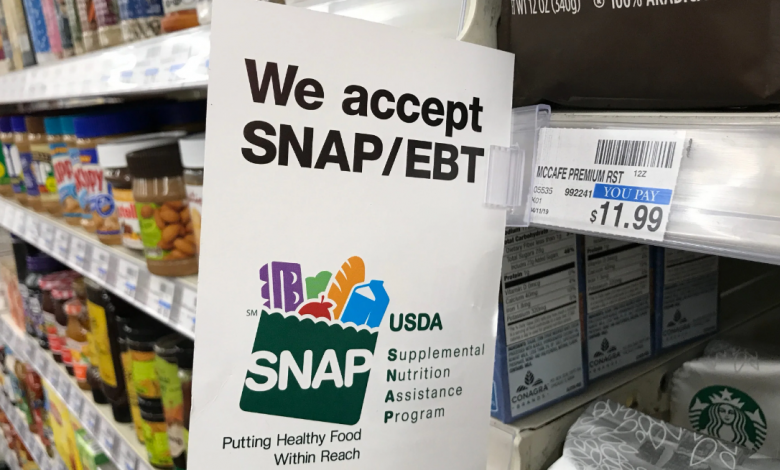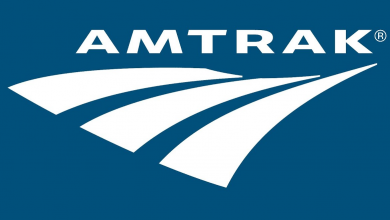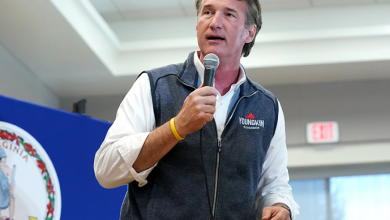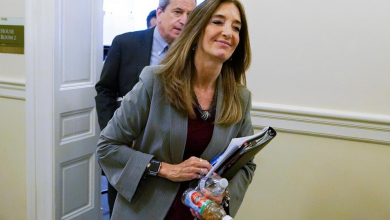Now when the increased SNAP benefits are over in Virginia, more families are in need of help and financial assistance

The Supplemental Nutrition Assistance Program (SNAP) is a federal program that helps low-income Americans buy food. During the COVID-19 pandemic, the federal government increased SNAP benefits in two ways: raising all benefits by 15% and boosting every household to the maximum benefit for their household size. These temporary extra benefits ended on March 1, 2023, leaving many people with limited abilities to cover their daily and monthly expenses.
The average SNAP benefit per person was about $121 per month before the pandemic, which worked out to about $4.00 per person per day. The temporary extra benefits increased the average SNAP benefit per person to about $157 per month, or about $5.20 per person per day.
The U.S. Department of Agriculture has announced that households enrolled in the Supplemental Nutrition Assistance Program returned to the usual benefit levels that are based on various factors such as income, household size, and specific expenses.
“Food insecurity is real, and with the snap benefits decreasing it’s only going to increase in the coming weeks,” said Stephanie Berkowitz, the President & CEO of Northern Virginia Family Service.
Berkowitz added that since SNAP benefits returned to their normal levels, they have seen increase in the number of people seeking help since the basic SNAP benefits are not enough for many to cover their expenses. Per Berkowitz forecast, Northern Virginia Family Service expects to see double the number of people seeking help by the end of the year solely based on the lowered SNAP benefits.
Children who experience food insecurity are more likely to have developmental delays, chronic illnesses, and behavioral problems. They may also have difficulty concentrating in school, which can impact their academic performance and future prospects.
Adults who experience food insecurity may be more likely to suffer from chronic health problems, such as diabetes and heart disease, as well as mental health issues such as depression and anxiety. They may also struggle to maintain stable employment and housing, which can further exacerbate their food insecurity.
Food insecurity can have ripple effects throughout communities, as families may have to divert limited resources away from other basic needs in order to afford food, and local economies may suffer from reduced spending on food and other goods and services.
Berkowitz also confirmed this. She also seeks public help in donations so they continue serve as many people in need of food as possible.
“Nothing operates in isolation. So, when one thing happens in our community like right now, you know food insecurity will be on the rise, it means it’s going to have a domino effect on other areas of people’s lives. Those decisions are already hard, which bills should I pay, where should I cut back on my food, should I cut my medications in half and they’re about to get even harder for families,” said Berkowitz.
To learn more about the Northern Virginia Family service, and get help or donate, click here.




